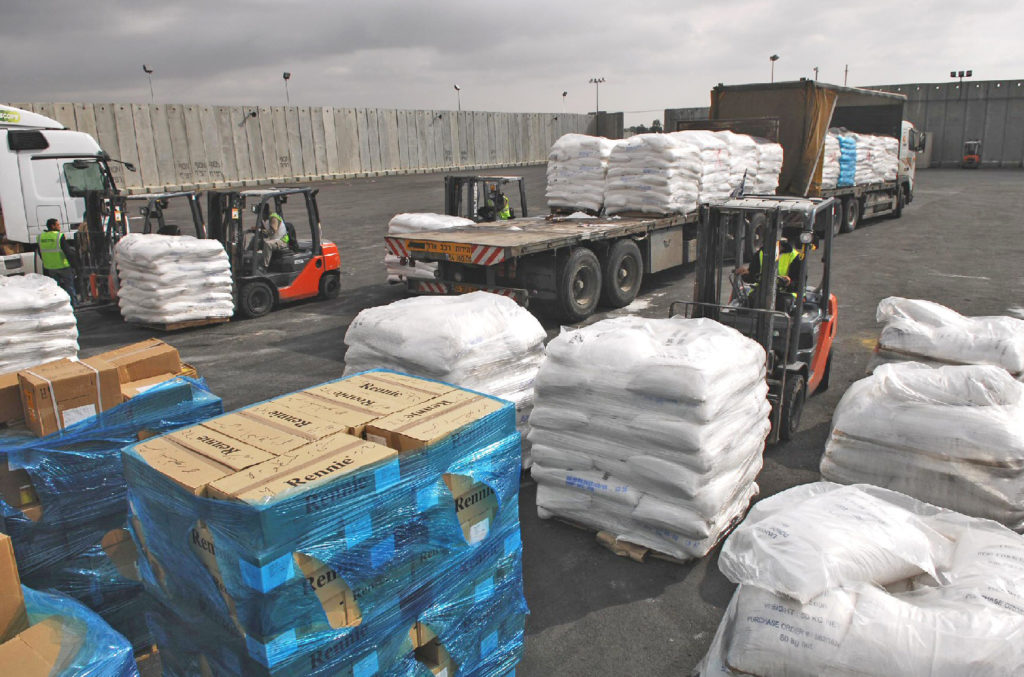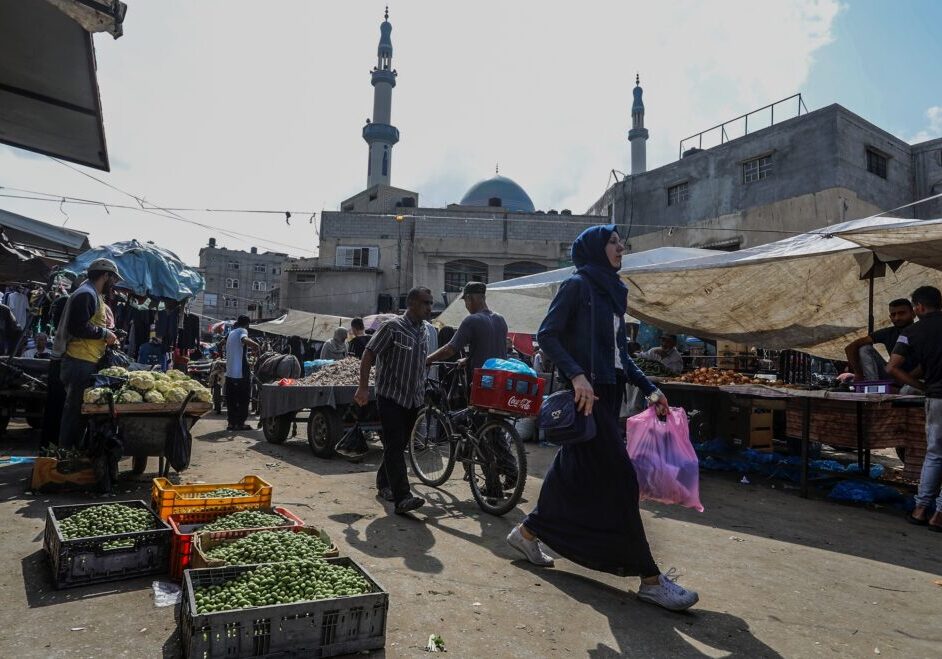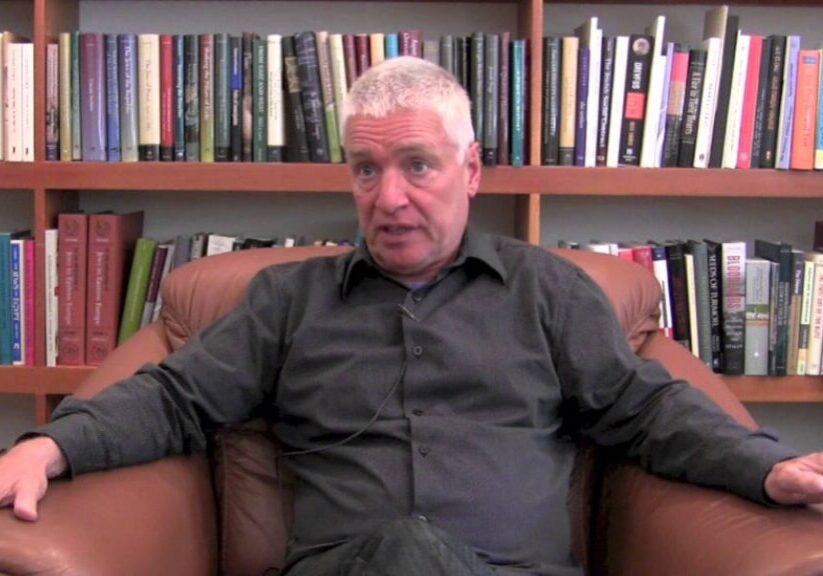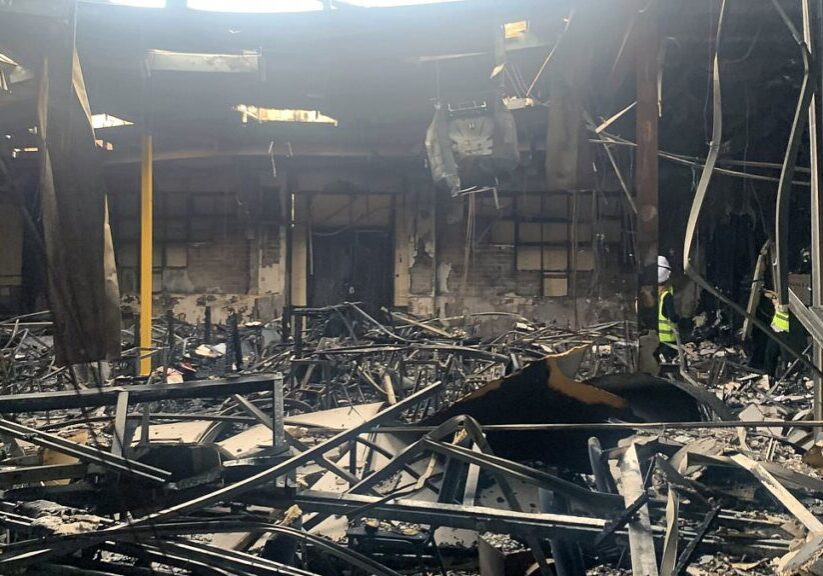Australia/Israel Review
Scribblings: The Gaza “siege” myth lives on
Jun 29, 2016 | Tzvi Fleischer

Tzvi Fleischer
Perhaps on some level it isn’t surprising that it still happens – though, on another, it is nonetheless shocking, because it is so easily disproven. I’m speaking about how Hamas and other Palestinian groups like to present Israel’s blockade of military items into Gaza as a “siege” – and too many people who should know better are happy to go along.
According to the Oxford English Dictionary, a “siege” is “a military operation in which enemy forces surround a town or building, cutting off essential supplies, with the aim of compelling those inside to surrender.” It is obvious that this is not an accurate description of Gaza’s situation. Israel is not cutting off “essential supplies”, nor is the intention to compel Gaza to “surrender” – there is no significant body of opinion in Israel calling for a resumption of control over Gaza. The blockade is intended to limit Hamas’ ability to wage war against Israel.
Hamas’ intention in using the term is pretty clear – it falsely implies that Israel is starving the Palestinians of Gaza, as happens in real sieges. Further, it also allows Hamas to pose as conducting brave “resistance”, fighting Israel to lift the “siege” – rather than the reality of engaging in military aggression that predated the blockade and caused it to be imposed.
Less understandable is how so many other opinion leaders in Australia are prepared to echo the Hamas line. For example, ANU academic Amin Saikal wrote in the Canberra Times on April 20 about “Israel’s siege of Gaza and imposition of appalling living conditions on the tiny Strip’s 1.8 million Palestinians.” Former academic Stuart Rees wrote of “the endlessly cruel siege of Gaza” on Online Opinion on April 28.
Greens Senator Lee Rhiannon said at a rally on May 15, “Gaza has been under siege for almost nine years” while her party’s foreign affairs spokesperson Senator Scott Ludlum condemned “the bitter, endless siege of Gaza” in a submission to the Australian Institute of International Affairs.
Some language used by journalists also reinforces this depiction.
But today, disproving these claims is easy. All you need to know is a single twitter feed – @cogat_israel. In the past, Israel was remiss about getting out information about the realities of the blockade of Gaza, but COGAT, the Israeli Defence Ministry’s body for Coordination of Government Activities in the Territories, now provides, almost daily, all the information anyone could want on what is entering Gaza and who is leaving.
For instance, anyone can instantly find out that on June 20, 20,639 tons of goods, in 641 trucks, entered Gaza from Israel. On June 17, it was 19,668 tons of goods, in 654 trucks. Furthermore, also published are weekly summaries including information on the types of goods imported. Thus, everyone can find out that in the four days from June 13 to June 16, 2,645 trucks entered Gaza carrying 80,422 tons of supplies, including medical supplies, construction material, electronic devices and other consumer goods. Also imported over the same period were 1,770,000 litres of heating fuel, 848,006 litres of transportation fuel and 1,113 tons of cooking gas.
@cogat_israel will also tell you that on June 16, 1,210 people crossed between Gaza and Israel and on June 20, it was 1,306.
Anyone who looks with an open mind at this information will instantly see that there is nothing like a “siege” going on.
I don’t doubt that some readers will now be saying, well, you may not call it a siege, but if Hamas and Gazans want to call it that, doubtless that just reflects their experience. Even if a lot of material is entering Gaza, surely the restriction that do exist do hurt, and the use of the terms “siege” is perhaps an understandable exaggeration?
Except this is not Hamas’ line to its own people. According to the Jerusalem Post, on June 3, Ismail Haniya, Hamas’ most senior political leader in Gaza, stated in a sermon, “Gaza is more stable and secure than the West Bank. Life in Gaza is wonderful and we are happy with it. Gaza is the city of security, the land of Islam and peace and the land of resistance.” He mentioned the “siege” but in wording that almost seemed to welcome it, saying, “The continuation of the siege amounts to a continuation of Palestinian steadfastness and resistance.”
Welcome to Rawabi
It is welcome news that residents are now moving into the new Palestinian city of Rawabi, just north of Ramallah. The brainchild of Palestinian-American entrepreneur Bashar Masri, it will eventually house 25,000 people in modern housing with “education and medical facilities, houses of worship, public green spaces, and recreation facilities.” It is the largest ever private project in the Palestinian territories.
American analyst and former top government official Elliot Abrams put it well in explaining why Rawabi represents good news:
[An] AP story states that Rawabi isn’t just about real estate but is part of the statehood dream. Here I disagree. The ‘statehood dream’ is in the hands of the PLO and the Palestinian Authority, which are both far too incompetent and corrupt to have built Rawabi. It is successful in large part because it is a private sector project that has as little as possible to do with Palestinian politics… Rawabi is certainly a rejection of the theology of victimisation that makes Palestinians into helpless objects of Israeli actions. Rawabi demonstrates that despite the failures of Palestinian politics, Palestinians can be actors in and agents of positive change.
Tags: Palestinians






